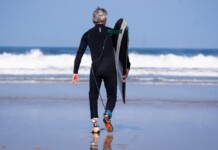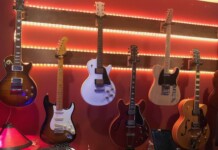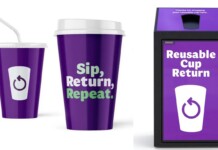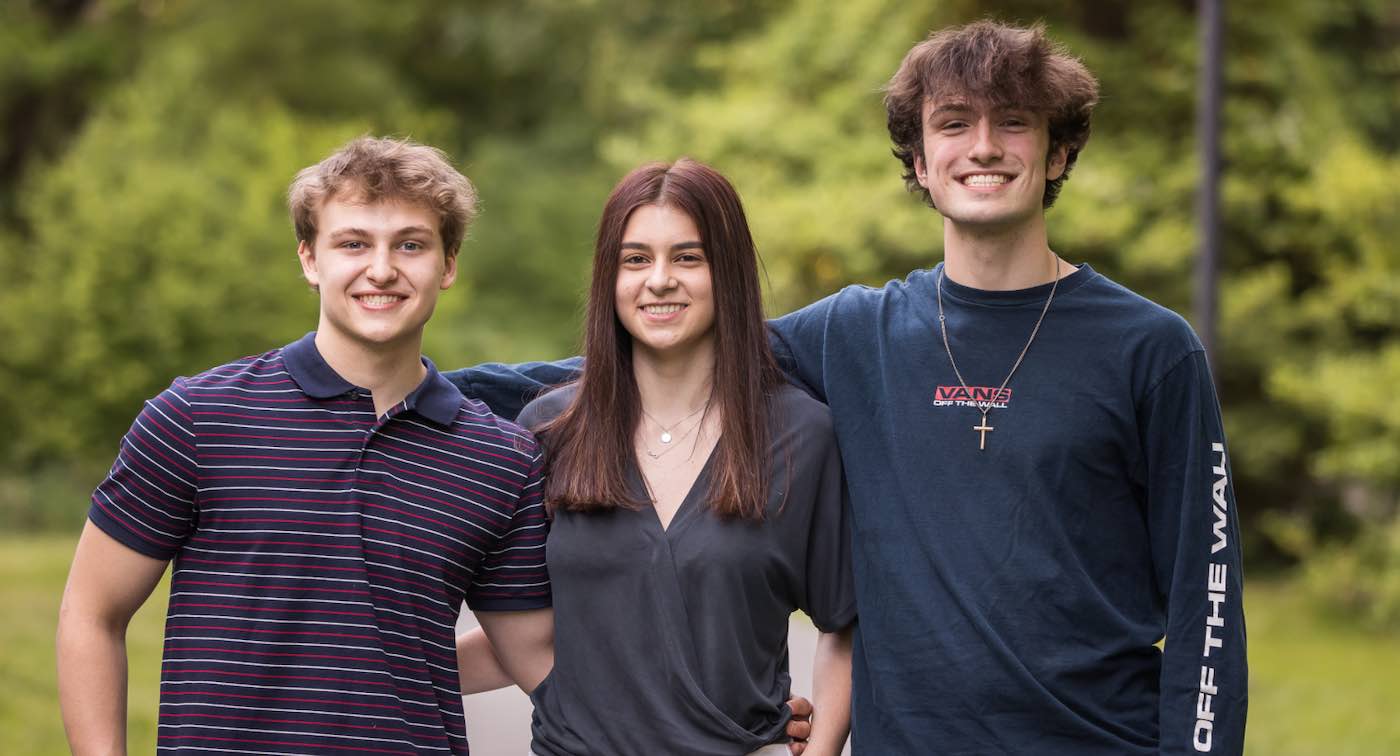As a little boy, Nick Priest loved playing video games with his dad, Joe, who was a wiz at all things tech and gaming. They started off with Nick holding a controller and pretending to play, and moved on to Lego games and Mario Galaxy.
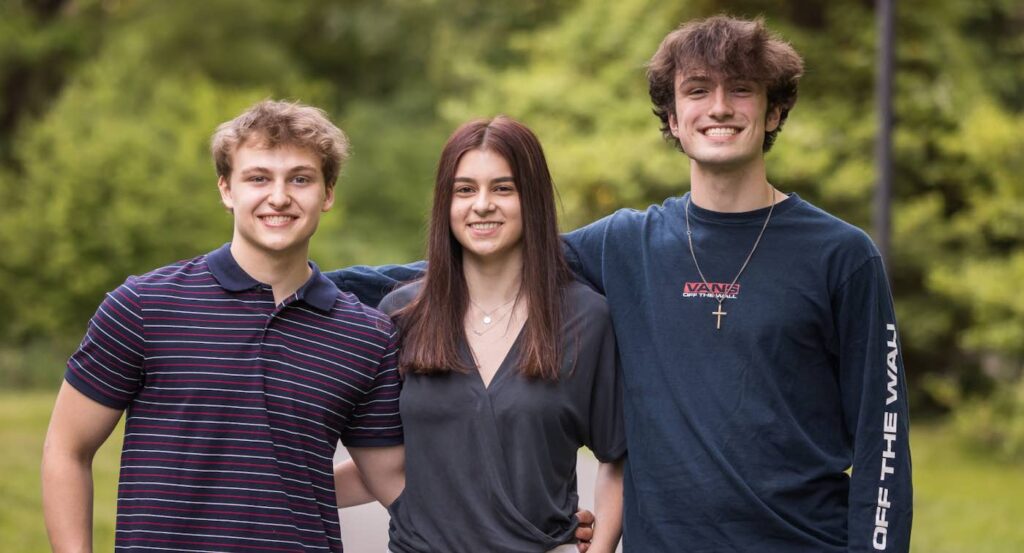
Joe was diagnosed with cancer when Nick was three, and after that, they played more than ever. The last time he made it down to the basement for gaming, Joe was so weak that he couldn’t even walk—he had to go down the stairs, step by step, on his rear end—but it was worth it and the pair had a blast.
When he passed away, Nick was just six, but the boy didn’t just lose his dad, he lost his gaming partner. When friends or family would visit and play with him, it took his mind off his sadness and brought back happy memories of playing.
Nick told his mom then that no kid should ever be without someone to play video games with. That’s when the Power of Play was born.
He started working on the project as a freshman in high school, at Salesianum School Wilmington, Delaware. Now a junior, he rallies teens to bring the “power of play” (particularly video games) to kids who are affected by cancer or other illnesses
At first, Nick recruited volunteers to go to the local children’s hospital, Alfred I. Dupont Hospital for Children, to play games with kids one-on-one. Then COVID-19 hit, making in-person events impossible.
Determined to keep going, he raised $1,000 that he used to buy 2 Playstation 4 gaming systems and a few controllers. Then, he interviewed a girl who had gone through childhood cancer and her mom, and they told him how isolating and lonely cancer treatment can be, even before COVID.
Nick learned that kids in treatment are often unable to leave their rooms or are in isolation rooms, meaning even if there were a gaming system to play, there wasn’t anyone to play with. And although most of these young patients have phones and tablets, they usually aren’t allowed to use the hospital’s WIFI to link up with each other to stream and play.
RELATED: Study During Lockdown Shows Playing Video Gaming–Even For Hours–Can Help Your Mental Health
He brainstormed to find a way his volunteers could play with kids online and a way that kids in the hospital could play with each other. He told hospital officials about his idea, and together, they developed a system where the kids on a floor can communicate with each other while playing.
“Hospitals have a lot of privacy laws and regulations,” Nick told GNN, “It took a long time but we finally got there!”
“No, video games do not cure any disease, but as my dad always used to say, ‘Laughter is the best medicine!’”
RELATED: Nintendo is Partnering With a Nonprofit to Bring Gaming Consoles to Hospitalized Kids
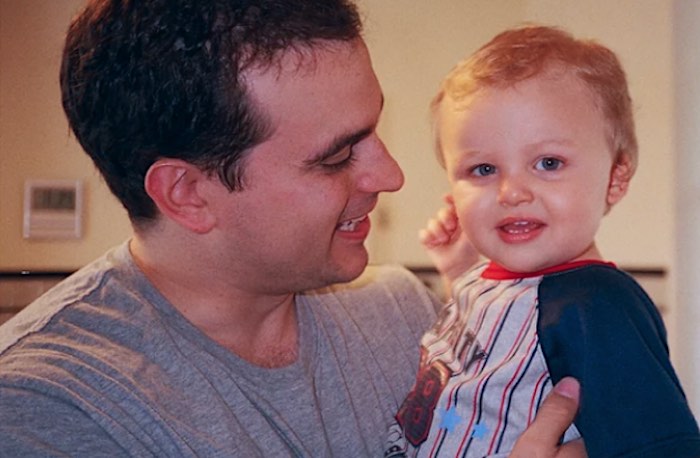
The Power of Play team also helps those who have parents or siblings that are going through something tough.
Realizing that there were kids who weren’t in the hospital but still could benefit from playing video games, Nick and his NPOP volunteers developed a Buddy System. Parents reach out to NPOP and share the games their child likes and other interests, and then Nick assigns one of his teen volunteers—like Kylie or Jack who are both officers in the project (pictured above)—to be a buddy, based on their interests. For example, he buddied up a kid who loved football with a varsity football player.
POPULAR: Video Game-Streaming Grandma is Making Profound Impact on the Lives of Strangers Across the Internet
The kids and their buddies decide how often and when to play, but usually it is once every week or so. They log in and compete with each other and talk, just connecting and having fun.
The kids and buddies are really enjoying it, so NPOP really wants to expand and reach as many kids as they can. Currently, they have more volunteers than kids who want to play, because so many teens want to help.
Nick asked GNN to encourage readers to reach out, if they have a child or teen who could benefit from a gaming buddy, and to spread the word to anyone who NPOP may be able to help. NPOP’s website is nickspowerofplay.com and from there, parents can email and get the buddy process started.
“If I can bring smiles to children’s faces, and bring laughter into their hospital rooms, I will do whatever it takes to make that happen.”
MORE: Teen Saved From Seizure After Online Gaming Friend Calls Police From 5,000 Miles Away
Nick told GNN that he is “very close” to getting his 501c3 nonprofit finalized, but he did set up a GoFundMe page for anyone who wishes to contribute to the purchase of more controllers and gaming systems.
SHARE the Power of Play and Kindness on Social Media…


